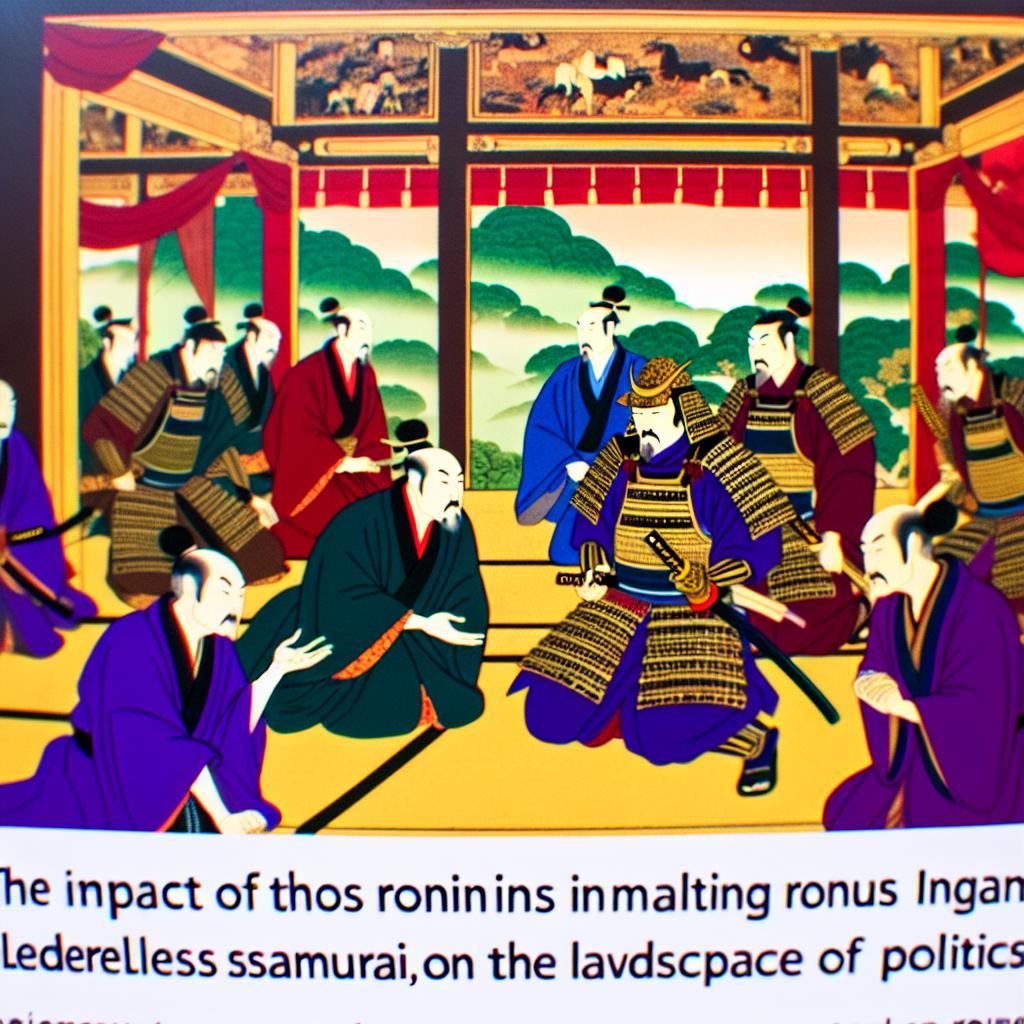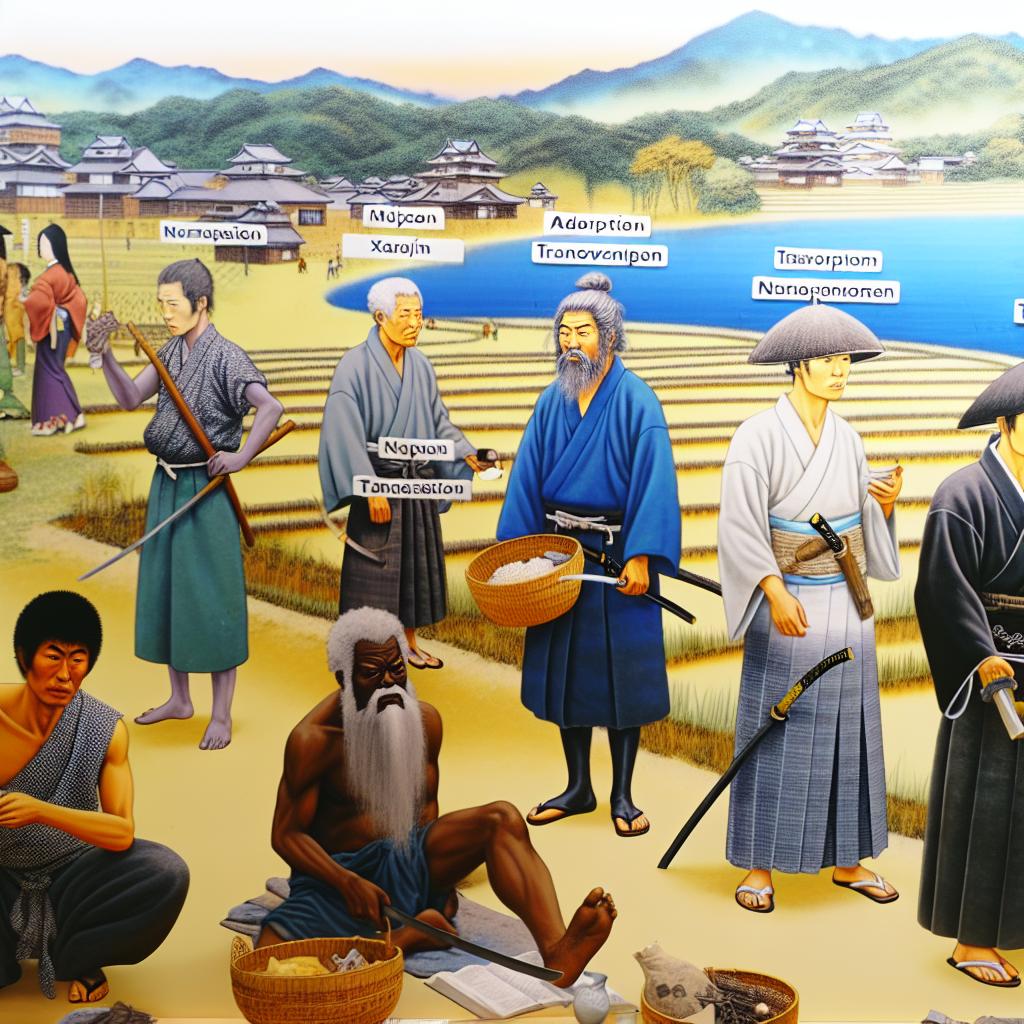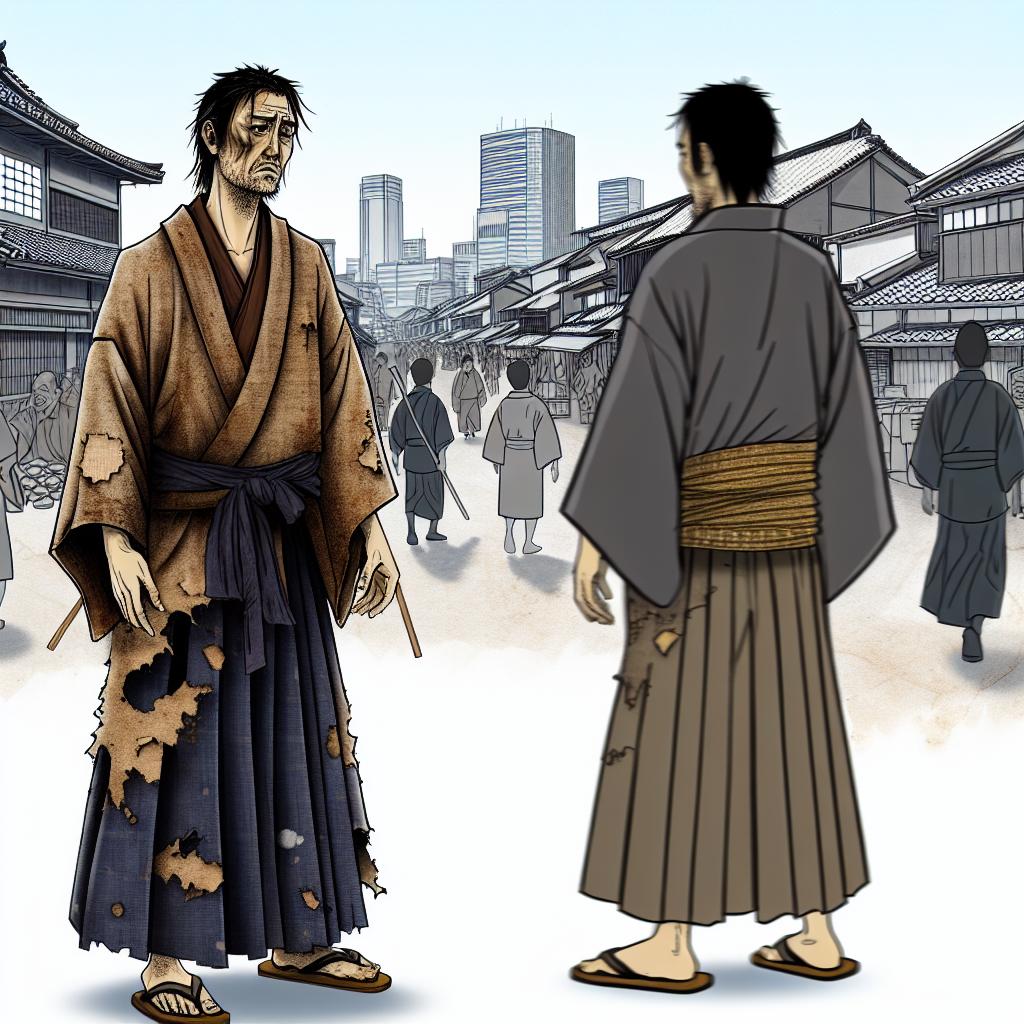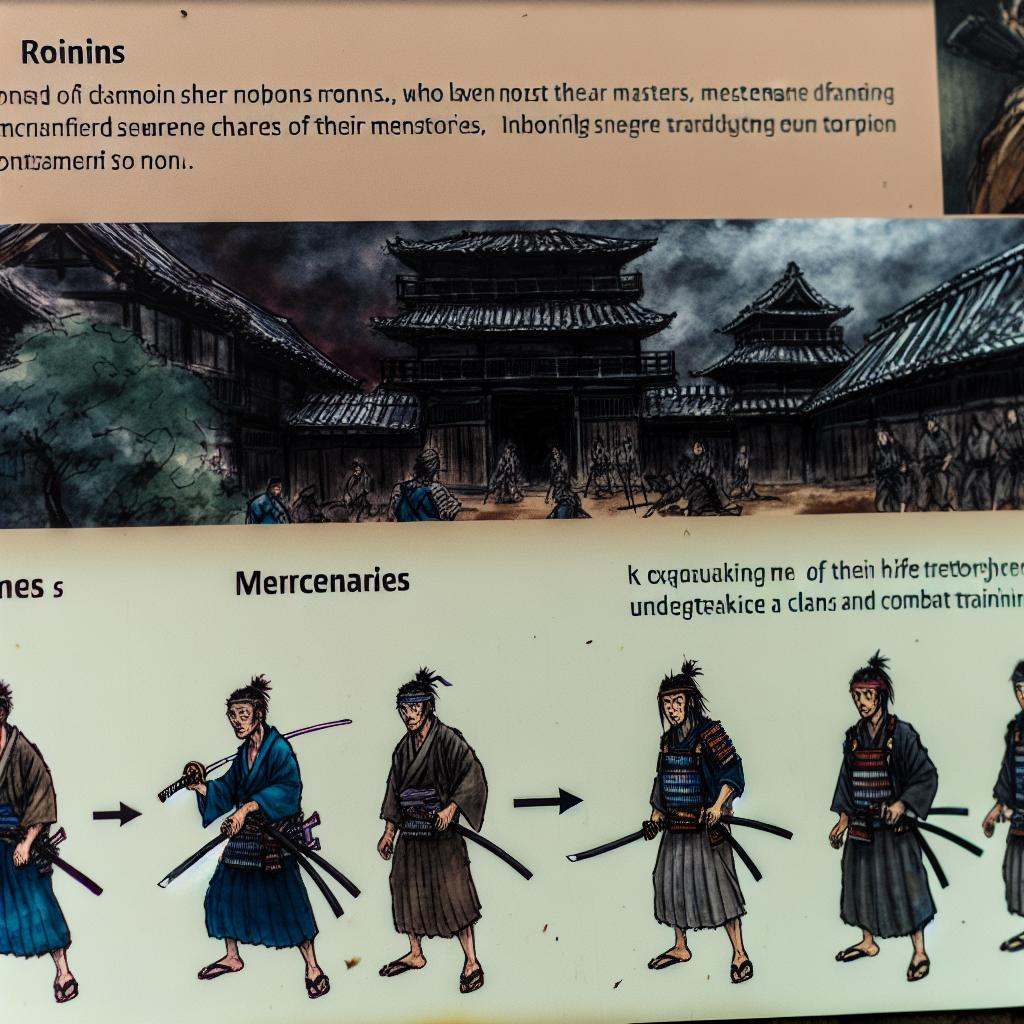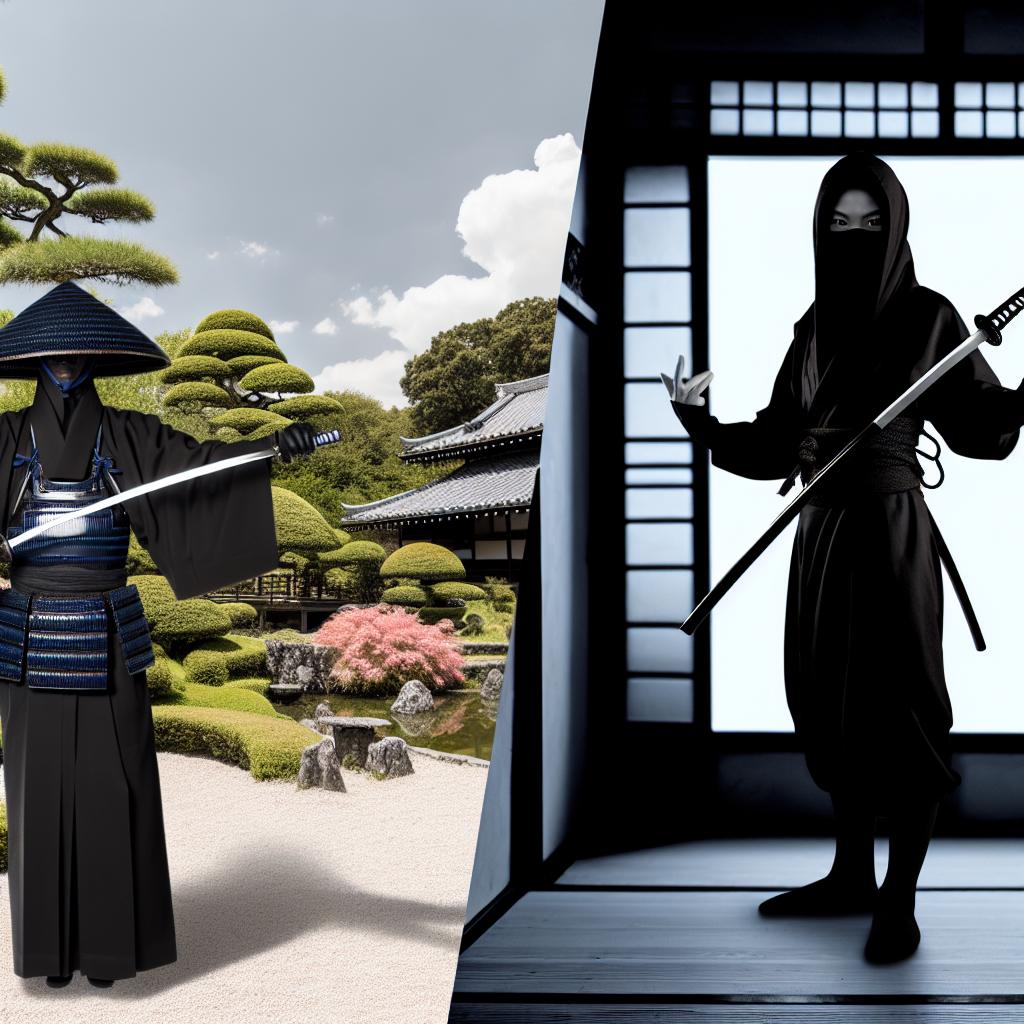The Relationship Between Ronins and Buddhist Monks
The Historical Context of Ronins and Buddhist Monks The relationship between ronins and Buddhist monks in Japan is a dynamic aspect of Japanese history that reflects the complex social and spiritual paradigms of the time. Ronins were samurai without masters during the feudal period, left without a lord due to […]
Read More →

